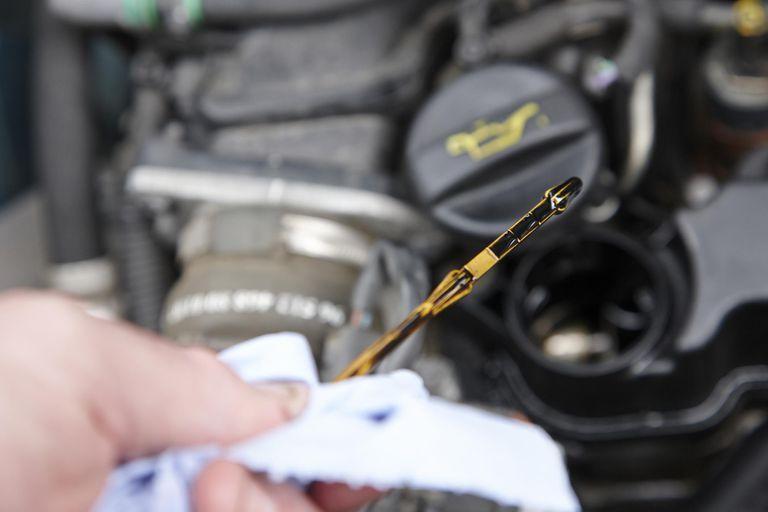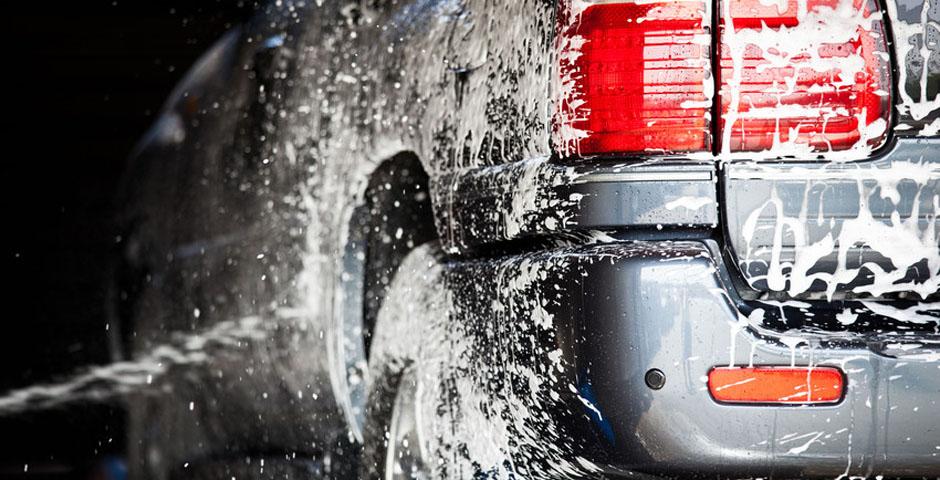Car care and maintenance are a responsibility that you have to perform sincerely. Otherwise, you will only be flushing money in the gutter on repairs that could be avoided with regular checking and at a fraction of the cost.
Don’t be like the teenagers who often forget to change the oil or wash the car because they have parents to pay the bills! As you are an adult and on your own, learn how to take care of your car to save money down the road.
Contents
Effective Tips to Take Care of Your Car
A new model requires less frequent services because some of the annoying servicing needs such as cleaning the body rust, changing breaker points, or replacing spark plugs are related to aging.
However, your automobile still deserves some periodic checks, repair work, and clean up jobs. Let’s take a look at 6 ways of taking car care!
Engine Oil
Check the level on a regular basis and keep an eye for a leak. Use a dipstick for the checking and park the vehicle on an even surface at that time to get the correct reading.
If the level is low, fill the tank up but don’t overfill. Also, repair immediately should you find any leak.

Transmission Fluid
The cap to the fluid cylinder is sealed in many new models with an automatic gearbox. If your car is not one of them, check the fluid level when the engine is warmed up and running.
Find out the level in the brake-fluid reservoir and power-steering pump at the same time. Repair if there’s any leak and fill up if any of the tanks are running low.
Tire’s Air Pressure
Each tire should be inflated to the right psi. You have to check the pressure of all the tires including the spare once in a month and before an extended road trip.
Use a pencil-type or digital tire-pressure gauge (which won’t cost much) to do the job.
SEE MORE:
Wash the Body
It’s probably the easiest but a tad tiresome way to take care of your car. However, cleaning is necessary, both the interior and the exterior.
If possible, wash the body each week and care to remove the road salt and dirt from the fender wells and undercarriage.

Clean the Glasses
The windshield, rear view mirrors, and the headlights need regular cleaning because keeping them dirty will lead to safety hazards.
You can use a cleaning fluid to wipe the bug-splattered and dirty windshield and rear view mirrors.
On the other hand, toothpaste or baking soda can give temporary headlight fix, but a can of UV-resistant clear coat will give a permanent solution.
Examine the Brakes
If you are pro enough to do this car care job, check it at least two or three times a year, and even more if you drive frequently and longer distances.
You will need to remove the wheels and check the condition of the rotors, pads, drums, and other parts. Go to a servicing shop if you are not good with the motor.
FAQs on Car Care
-
How often should I perform regular maintenance on my car?
Regular maintenance tasks, such as oil changes, tire rotations, and inspections, should be performed according to your car’s manufacturer’s recommendations.
This information can usually be found in your car’s owner’s manual. Typically, it’s recommended to have an oil change every 3,000 to 5,000 miles, but modern cars may have longer intervals.
-
What’s the importance of keeping my car clean?
Keeping your car clean not only improves its appearance but also prevents the buildup of dirt, grime, and contaminants that can damage the exterior and interior surfaces.
Regular washing and waxing protect the paint and finish, while cleaning the interior maintains a pleasant environment and prevents wear and tear.
-
How can I practice safe driving for my car care?
Safe driving practices include avoiding aggressive driving, obeying traffic laws, and being mindful of road conditions.
These practices reduce the risk of accidents and minimize wear and tear on your car’s components, such as brakes and tires.
-
What should I do when I notice issues with my car?
When you notice any issues with your car, such as strange noises, warning lights, or changes in performance, it’s essential to address them promptly.
Ignoring problems can lead to more significant and costly repairs down the road. Consult a mechanic for a professional diagnosis and repair.
-
Why is using the right fluids important for car maintenance?
Using the correct fluids, such as engine oil, transmission fluid, coolant, and brake fluid, is crucial for maintaining your car’s performance and preventing damage.
Each fluid has specific properties and functions, and using the wrong type or mixing fluids can lead to engine or system damage.
-
How should I store my car when it’s not in use for an extended period?
When storing your car for an extended period, it’s essential to prepare it properly.
This includes cleaning it thoroughly, filling the gas tank, adding a fuel stabilizer, disconnecting the battery, and storing it in a dry, cool, and secure place to prevent damage from weather and pests.
Check out this video from to learn more about 10 basic things EVERY driver should be able to do to maintain their car!
Conclusion
In conclusion, taking proper care of your car is essential to ensure its longevity, performance, and safety. The six effective steps outlined in this guide provide a comprehensive approach from A to Z for maintaining your vehicle.
By following these car care steps, you can significantly extend the lifespan of your car, reduce the risk of breakdowns, and ensure a safer and more enjoyable driving experience.
Remember that taking care of your car is an investment in both its longevity and your peace of mind on the road.




What is best to remove tar or hard to remove stiuff from off the vehicle during wash?
Many times the car wash being used does not remove these things that end up on the car during driving.
Nice to know
I really appreciate your tip to check the pressure of your spare tire as well as your other tires. My wife and I recently got our son a new car, and we want to give him some good habits for taking care of his car. I will be sure to tell him that he should try and check the tire pressure of his spare tire!